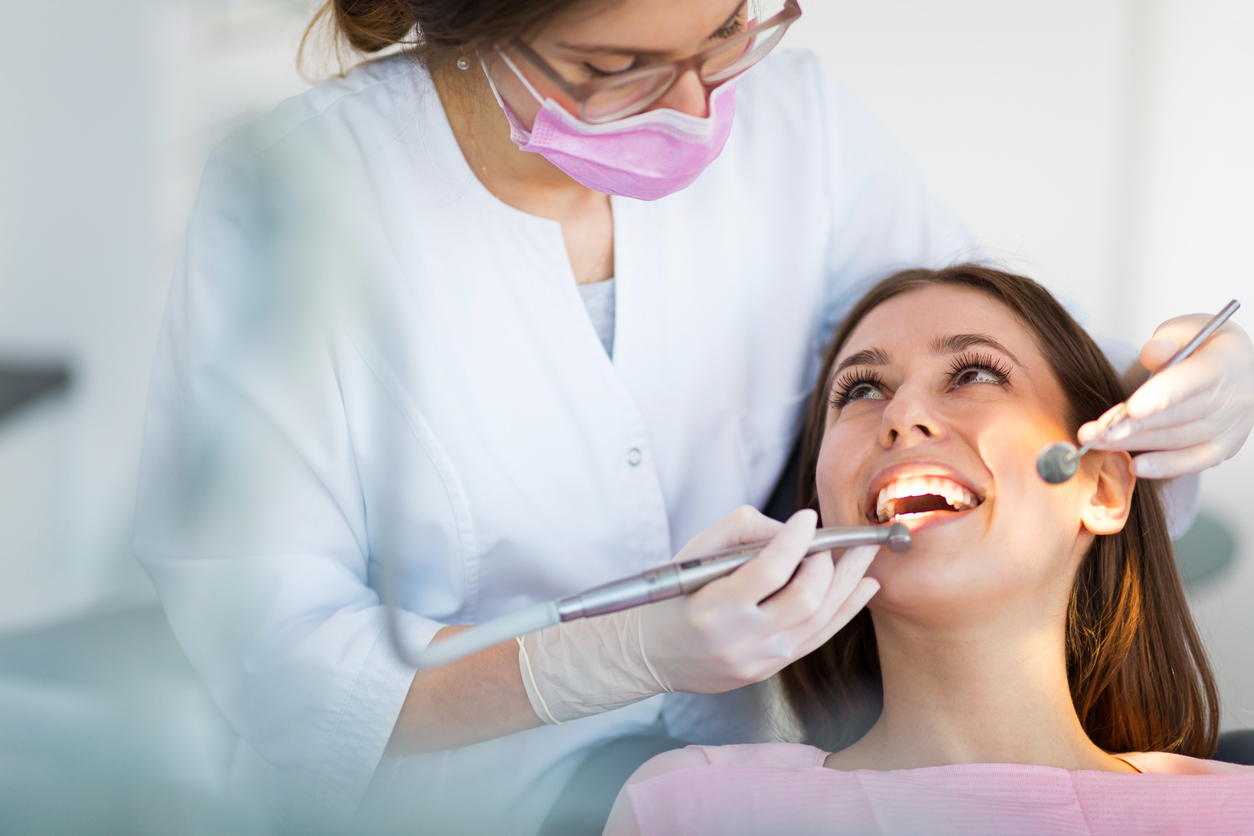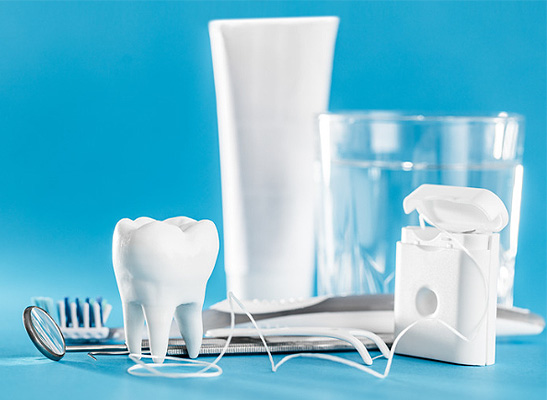
Oral Hygiene
The Importance of Oral Hygiene
Oral hygiene is crucial not only for a gleaming smile and fresh breath, but also for overall health, with a good dental clinic in South Perth being key to maintaining it. Poor oral hygiene can lead to dental issues like cavities and periodontal disease, which if neglected, can severely impact your general well-being.
Often, the conversation around oral health is limited to cavity-free teeth; however, it's a broader topic. As per the WHO, it includes freedom from mouth and facial pain, oral and throat cancer, infections, gum disease, dental decay, tooth loss, and other disorders affecting an individual's ability to bite, chew, speak, smile, and their psychosocial well-being. Regular check-ups with a reputable Perth dentist can help prevent these issues, ensuring a good oral health.
Good Oral Health
A healthy mouth, therefore, includes the following:
Strong, cavity-free teeth: This means no tooth decay caused by harmful oral bacteria eroding the tooth’s surface.
Pink, firm gums that don’t bleed when brushed or flossed: If your gums are red, swollen, or bleed easily, you might be dealing with gum disease.
Fresh breath: Persistent bad breath can signify dental health problems, from gum disease to oral cancer.
No pain or discomfort: Oral pain can be a symptom of various conditions, such as cavities, periodontal disease, or an abscessed tooth.
Moreover, oral health doesn’t stop at the mouth. It’s interconnected with our general health. For instance, gum disease has been linked to systemic diseases like heart disease and diabetes. Pregnant women with gum disease may have a greater risk of premature birth or low birth weight babies. And certain diseases, such as HIV/AIDS and osteoporosis, can manifest symptoms in the mouth first.
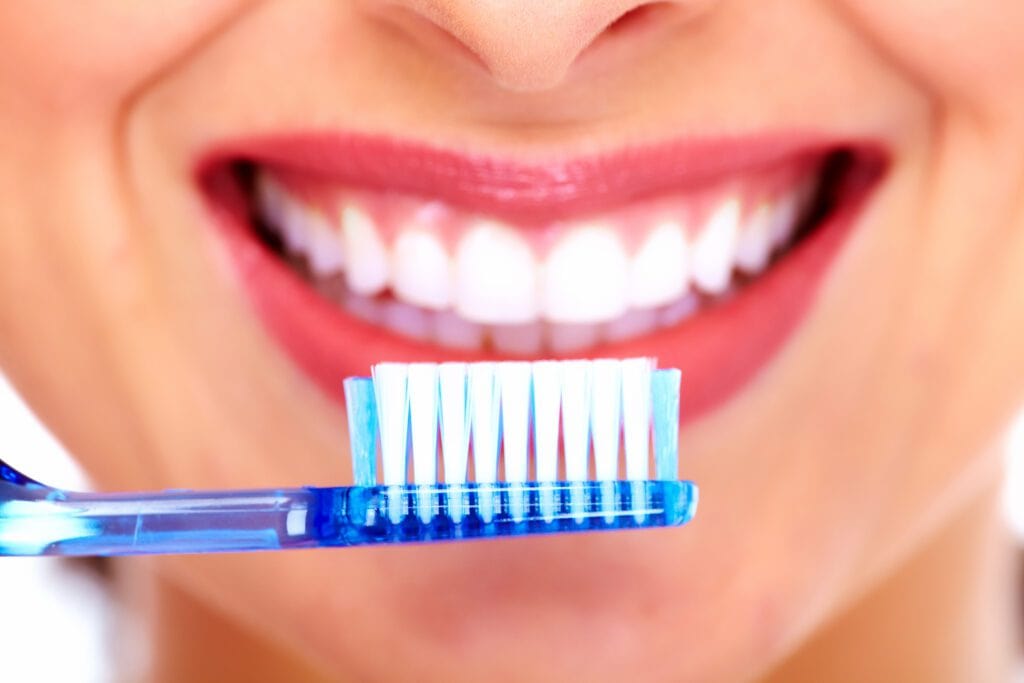
Common Misconceptions About Oral Health
Unfortunately, there are some common misconceptions about oral health. Some people believe bleeding gums when brushing or flossing is normal. The truth is, this could be an early sign of gum disease. Ignoring bleeding gums can lead to more serious conditions like periodontitis, which can cause tooth loss. It’s important to consult with a dentist if you notice any persistent bleeding to address the issue promptly.
Similarly, many believe they only need to see a dentist if they have a toothache. Regular dental visits are crucial in catching potential issues early before they become serious problems. Preventive care can save you from more extensive and costly treatments down the line. Additionally, dentists can spot signs of other health conditions during routine exams, ensuring overall health and well-being.
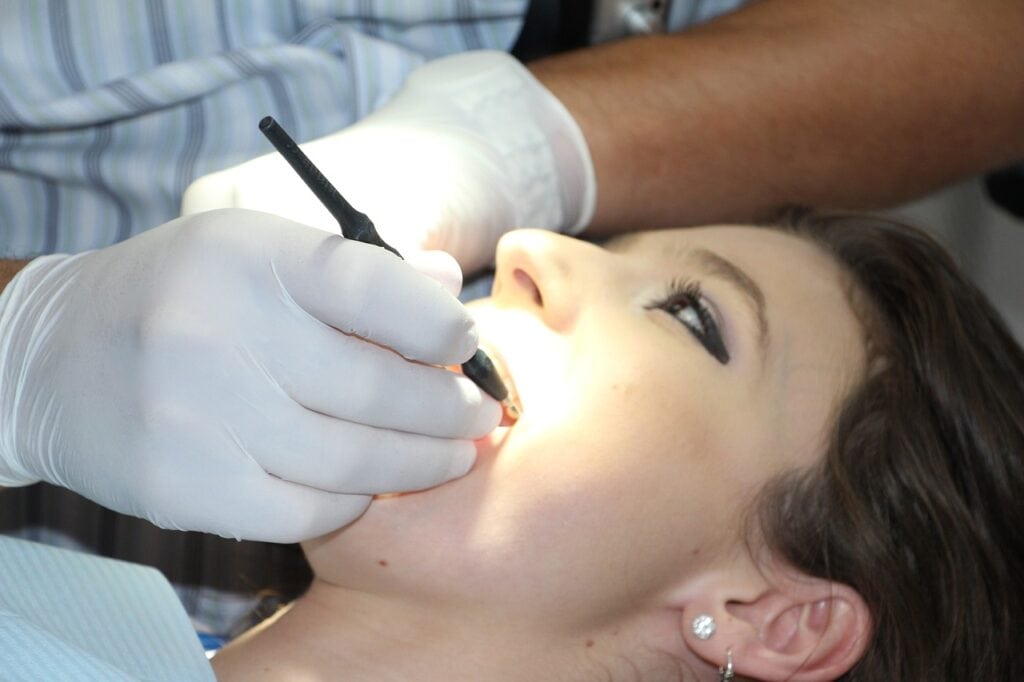
Benefits of Proper Oral Hygiene
Maintaining good oral hygiene has numerous benefits that extend beyond your mouth.
Here are some key advantages:
Prevent Tooth Decay and Gum Disease: Regular brushing, flossing, and dental checkups help keep harmful bacteria in check, reducing the risk of cavities and gum disease.
Boost Self-Esteem: A clean, healthy smile can enhance your confidence, making you more willing to show off your smile in social and professional settings.
Promote Overall Health: Good oral hygiene can lower your risk of developing health issues linked to poor oral health, such as heart disease, stroke, and diabetes.
Save Money: By preventing dental issues, you can avoid the need for costly dental treatment in the future.
Improve Quality of Life: With healthy teeth and gums, you can eat, speak, and laugh without discomfort or embarrassment.
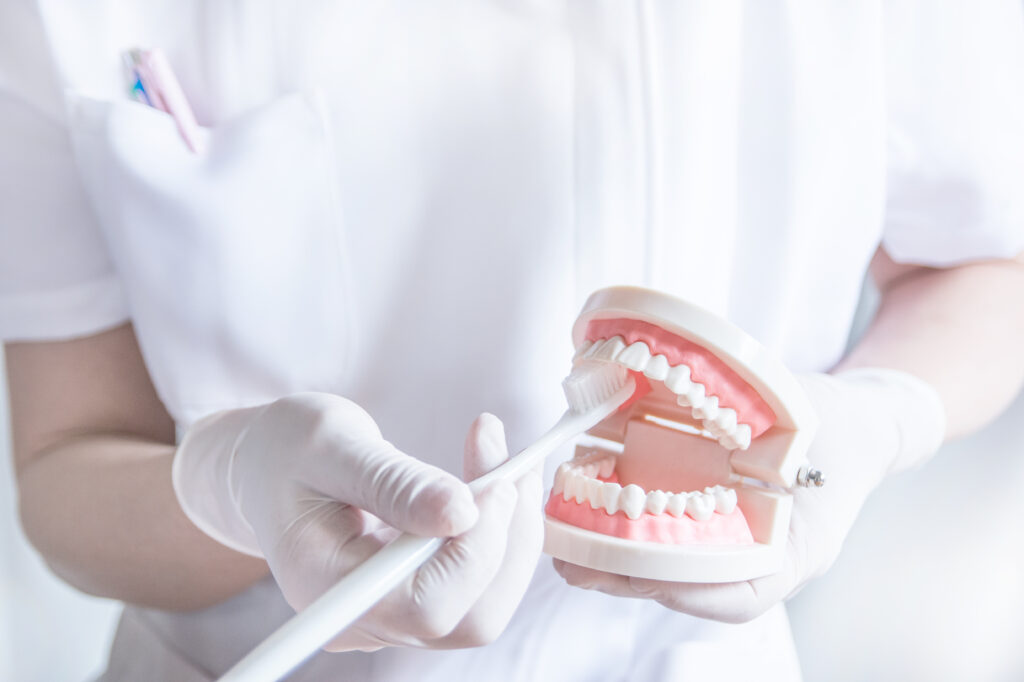
Threats to Your Oral Health
Maintaining your oral health is not just about establishing a good routine; it’s also about knowing the common threats and how to deal with them. Here are some dental problems that may compromise your dental and general health if you do not practice good oral hygiene:
Tooth Decay
Decay can occur due to plaque buildup, the sticky substance that forms on teeth and combines with the sugars and starches of our food. The combination produces acids that attack tooth enamel.
Gum Disease
It is an infection of the tissues surrounding and supporting your teeth. It is a major cause of tooth loss in adults and is usually painless until reaching an advanced stage. A dental checkup may be in order if you are experiencing loose teeth, gum recession, or bleeding gums.
Oral Cancer
Oral cancer is a serious and deadly disease affecting millions, but regular dental visits can help detect it in its early stages.
Tooth Sensitivity
Tooth sensitivity involves experiencing pain or discomfort in your teeth from sweets, cold air, hot drinks, cold drinks or ice cream.
Impact of Diet
A diet high in sugars and acidic foods can lead to tooth decay and erosion of enamel. On the other hand, consuming a balanced diet rich in vitamins and minerals supports overall dental health. For instance, calcium and vitamin D are essential for strong teeth, while vitamin C is crucial for healthy gums.
Stress
Stress can negatively impact oral health by leading to habits such as teeth grinding (bruxism), which can cause tooth damage and jaw pain. Stress can also weaken the immune system, making the body more susceptible to infections, including gum disease.
Vaping and Tobacco Use
While vaping is often perceived as a safer alternative to smoking, it can still have detrimental effects on oral health. Vaping can cause dry mouth, increase the risk of gum disease, and contribute to oral infections. Similarly, traditional tobacco use is a significant risk factor for oral cancer, gum disease, and tooth loss.
Lifestyle Choices
Other lifestyle choices, such as alcohol consumption and poor hydration, can also affect oral health. Alcohol can lead to dry mouth and increase the risk of oral cancer, while staying hydrated helps maintain saliva production, which protects against tooth decay and gum disease.
Toothaches and Dental Emergencies
While many toothaches and dental emergencies can be easily avoided just by regular visits to the dentist, accidents can and do happen. Having a dental emergency plan in place is advised.
Wisdom tooth pain is a common issue that can lead to significant discomfort and swelling. In such cases, wisdom teeth removal may be necessary to prevent further complications and maintain overall oral health. Regular checkups can help determine the right time for this procedure.
Understanding and addressing these threats can help you maintain optimal oral health. Regular dental visits and a proactive approach to your oral hygiene routine are essential in preventing and managing these issues. If you have any concerns or notice any symptoms, don’t hesitate to contact Acts Dental for professional advice and treatment

Your Daily Good Oral Hygiene Routine Explained
Maintaining a consistent oral hygiene routine is crucial for keeping your teeth and gums healthy while also helping you address other health concerns. Here’s a simple step-by-step guide to an effective daily routine to keep oral health problems at bay:
Brushing: Brush your teeth twice a day using fluoride toothpaste. Make sure to brush all surfaces of your teeth – the outsides, insides, and chewing surfaces.
Flossing: Floss at least once daily to remove plaque and food particles your toothbrush can’t reach.
Mouthwash: Use a mouthwash daily to clean your mouth further, freshen your breath, and prevent plaque buildup.
Avoid Tobacco Products: One of the risk factors for poor oral health is the use of tobacco products. Avoiding these can significantly improve your oral and overall health.
Visit Your Dentist Regularly: Schedule regular checkups with your dentist at Acts Dental in Perth. Professional dental cleanings are the only way to remove tartar; these visits can help identify other health concerns early on.
The Right Way to Clean Your Teeth
Brushing your teeth seems straightforward, but are you doing it correctly? Here’s a guide to ensure you’re brushing effectively:
Choose the Right Brush: Use a soft-bristled toothbrush that fits comfortably in your mouth and use the right amount of fluoridated toothpaste.
Proper Brushing Motion: Brush your teeth in a circular motion, not back and forth. That helps to effectively remove plaque without causing gum damage.
Don’t Rush: Brush for at least two minutes to clean your teeth thoroughly.
Brush All Surfaces: Brush your teeth’ outer, inner, and chewing surfaces.
Don’t Forget Your Tongue: Brush your tongue to remove bacteria and freshen your breath.
Remember to replace your toothbrush every three to four months or sooner if the bristles are frayed.
Flossing Fundamentals
Flossing is as important as brushing to keep your teeth healthy. Here’s how to floss daily properly:
Correct Amount of Floss: Use about 18 inches of dental floss, winding most of it around each middle finger.
Proper Motion: Move the floss gently up and down, following the curve of each tooth.
Remember the Gumline: Clean beneath the gum line, but avoid snapping the floss on your gums.
Use Clean Sections: As you move from tooth to tooth, use clean sections of floss.
The Role of Mouthwash
Mouthwash is one of those oral hygiene products that can provide additional benefits to your oral hygiene routine. Here’s how to use it effectively:
Choose the Right Mouthwash: Look for a therapeutic mouthwash with active ingredients that help reduce plaque, gingivitis, and dental cavity.
Use the Correct Amount: Follow the instructions on the bottle regarding how much mouthwash to use.
Swish Thoroughly: Swish the mouthwash around your mouth for 30 seconds to one minute, then spit it out.
Remember, mouthwash should not replace brushing and flossing but should be used in addition to these practices.
Nutrition and Oral Health
Maintaining a healthy diet is essential for your dental health. Here are some dietary tips for maintaining a healthy smile:
Calcium-Rich Foods: Include dairy products, leafy greens, and fortified foods in your diet to keep your teeth strong.
Vitamin C: Citrus fruits, peppers, and strawberries are great sources of Vitamin C, which is essential for gum health.
Limit Sugary Foods and Drinks: Excessive sugar can lead to dental decay. Opt for water instead of sugary drinks, and limit your intake of sweets.
Stay Hydrated: Drinking water throughout the day helps to wash away food particles and keep your mouth clean.

Children’s Dental Health
Teaching children good oral hygiene habits early on can set them up for a lifetime of healthy smiles. Here are some tips:
Start Early: Begin brushing your child’s teeth as soon as the first tooth appears. Using fluoridated tap water will help protect their teeth from decay.
Teach Proper Techniques: Show your child the correct way to brush and floss.
Fluoride Treatment: Consider fluoride treatments provided by your Paediatric dentist, especially if your child is at high risk of decay. These treatments can strengthen tooth enamel and help prevent cavities.
Regular Dental Visits: Take your child for regular checkups to ensure their teeth are developing properly and to catch any signs of poor oral health early.
Healthy Eating Habits: Encourage a diet low in sugar to prevent cavities.
Remember, your child’s dental health is crucial for their overall health!
Special Dental Care for Aging Smiles
As we age, our oral health needs change. Here are some tips for maintaining a healthy smile in your golden years:
Regular Dental Checkups: Visiting your dentist regularly is crucial for detecting and treating oral health concerns early.
Daily Brushing and Flossing: Maintain a consistent oral hygiene routine, including brushing twice a day and flossing daily.
Stay Hydrated: Dry mouth, common in seniors, can increase the risk of tooth decay. Drinking plenty of water can help.
Denture Care: If you wear dentures, clean them daily and remove them at night to rest your gums.
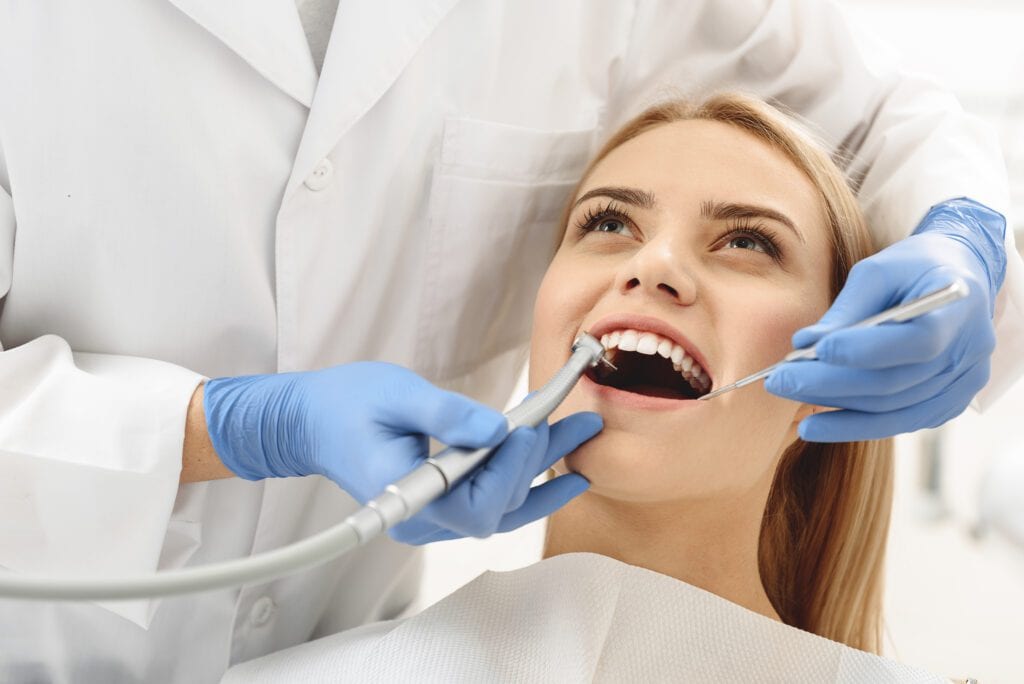
Act Now for Healthy Teeth: The Commitment of Acts Dental to Perth’s Smiles
Ready to take the next step towards a healthier, brighter smile? At Acts Dental in South Perth, your oral health is our top priority. We are committed to providing top-quality dental care to the Perth community.
Acts Dental is recognised as a HBF preferred provider, HCF preferred provider, NIB preferred provider, Medibank preferred provider, and Bupa preferred provider dentist in Perth.
Don’t wait another day, and book your appointment with us today! Contact us at (08) 9474 5083 to start your journey towards better oral health.
